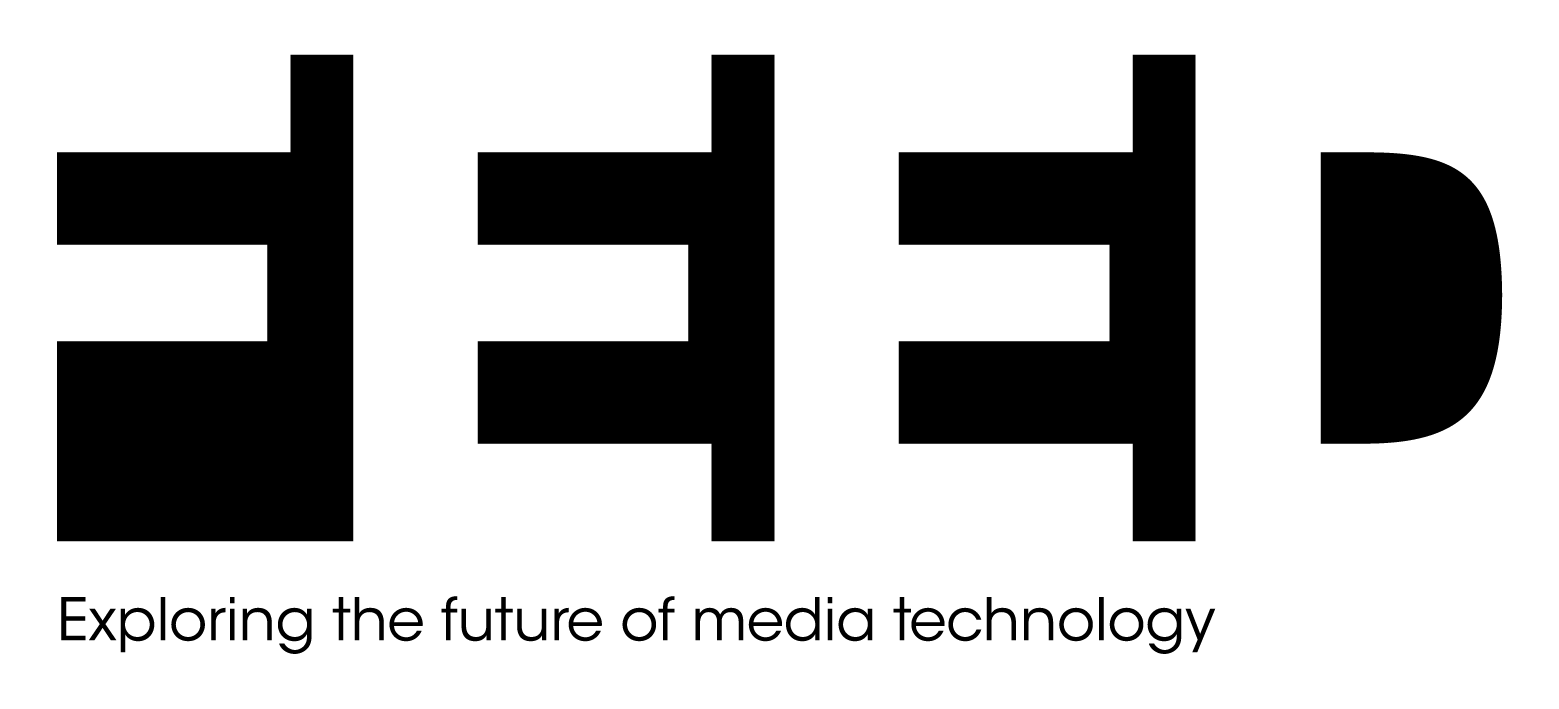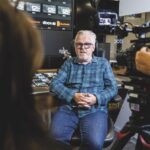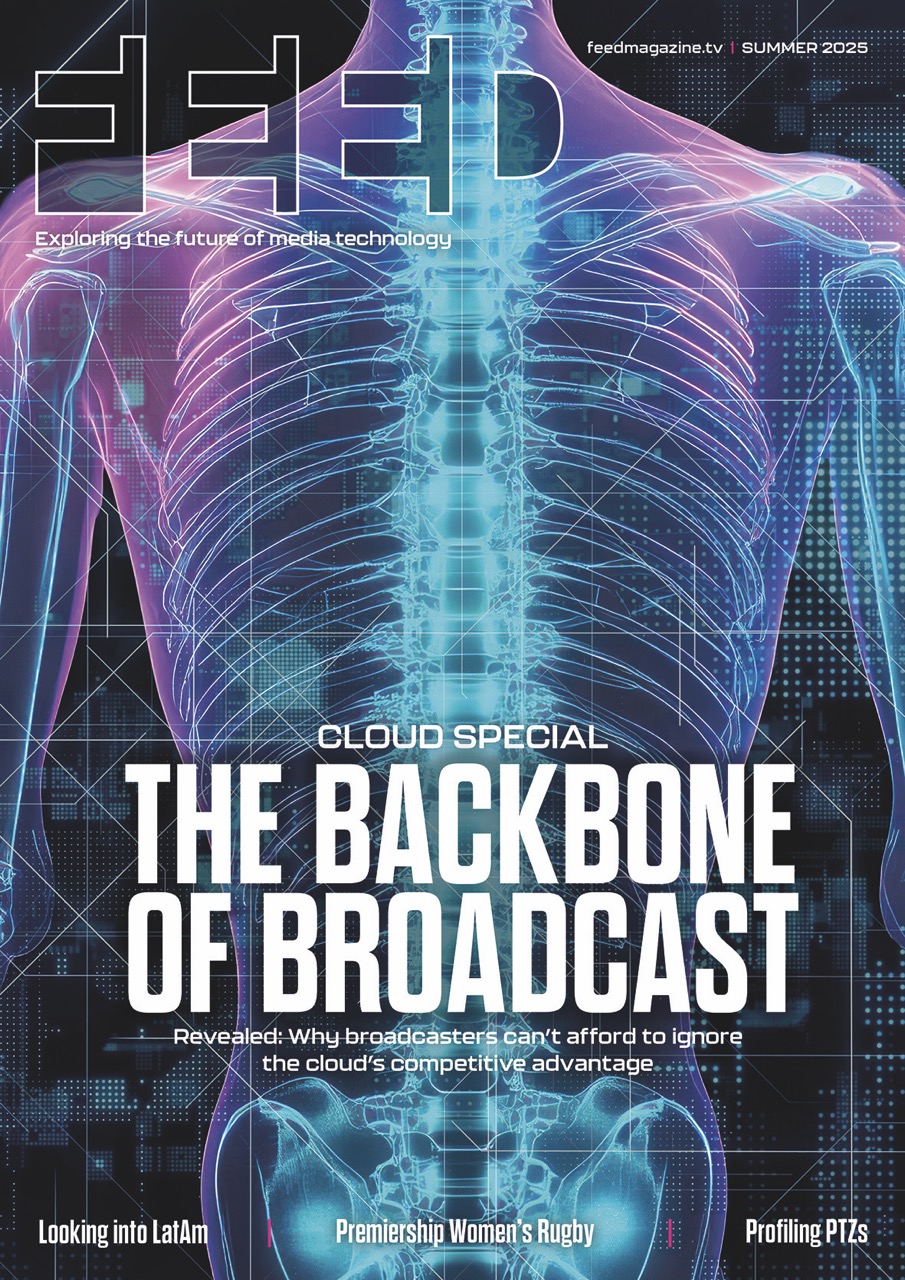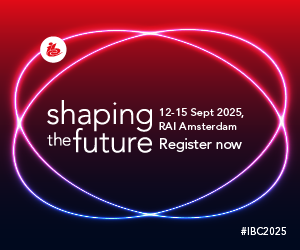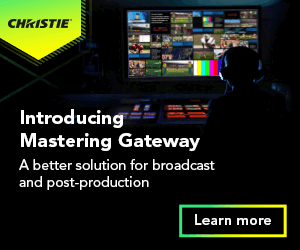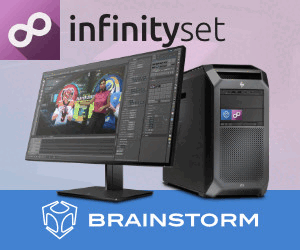Genius interview: Saleha Williams
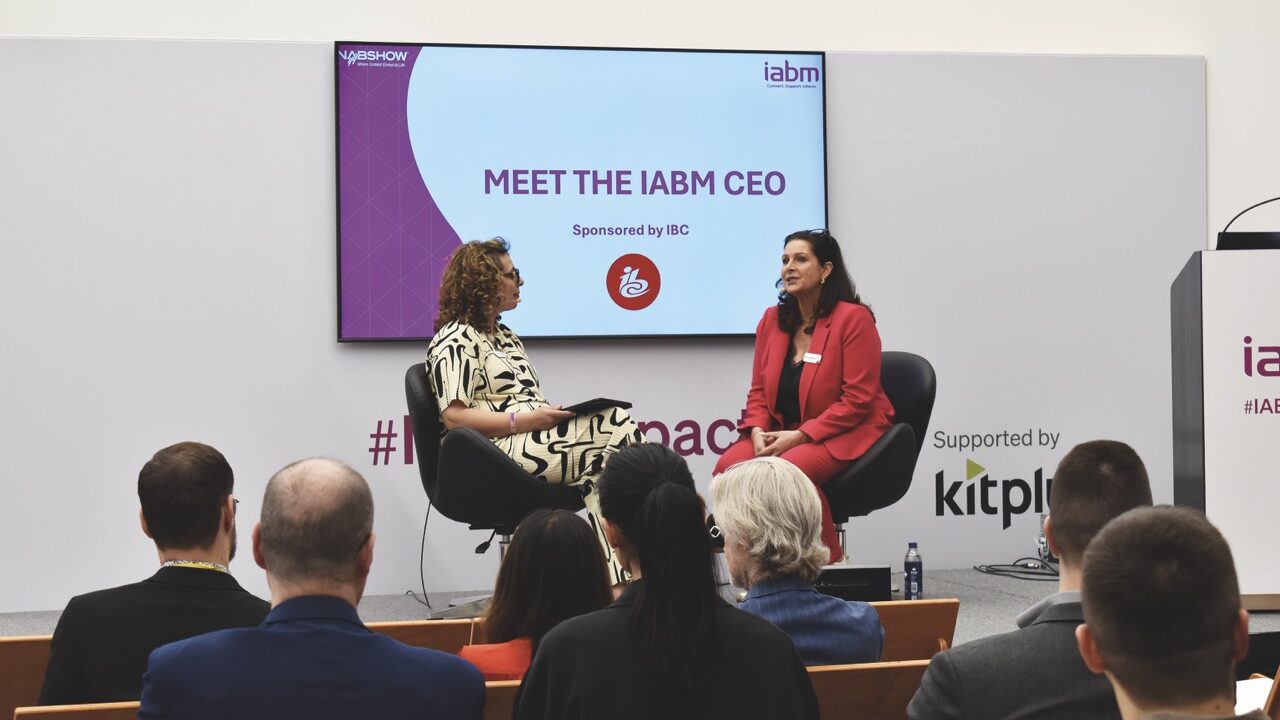
Posted on Jun 18, 2025 by FEED Staff
After decades of pioneering in media, entertainment and technology, Saleha Williams is stepping into a new high-profile role: CEO of the IABM. A natural leader and lifelong learner, she΄s not afraid of a challenge, ready to navigate the ever-evolving industry through technological advancements and diverse ways of doing business. Her positive, open-minded attitude is more than refreshing; it΄s exactly what the world needs right now. We sit down with Williams to explore her past, talk about her present and ponder the future.
Interview by Katie Kasperson
FEED: Tell me about your background. How did you end up in the media-tech industry?
Saleha Williams: I always knew that I wanted to be in media, and I always loved technology. While I was at school, I went to work for my local newspaper on Saturdays as a runner, which was somebody who ran the ads between the art department and the printing presses. Media has always been incredibly important, whether it’s news, communication or the art of storytelling, and so it was something I knew I wanted to be a part of from a young age. I also loved computer science. I tried at one stage to get into the Navy as a Wren – WRNS being the female group of the Navy.
Having started as a Saturday runner, I went on to work with News International, just as News Corp was launching Sky (then BSkyB) and was part of the team that ran the very first direct response TV ads in the United Kingdom. That was incredibly exciting. I went on to work with British Telecom in their advanced technologies area, which covered all of their R&D, looking at network architecture for distribution and monetisation of media and content.
Over the last 30 years, I’ve been lucky enough to live and work all over the world. I’ve been based in Singapore, India, the US and all over Europe, having worked for some amazing broadcasters, media, film companies, but also on the tech side with Google, Cognizant, Siemens and Cisco, bringing all of that together in the media-tech industry. It’s been a phenomenal journey, and something I’m thrilled to have done. I still enjoy it as much today as I did when I first started at 15 years old.
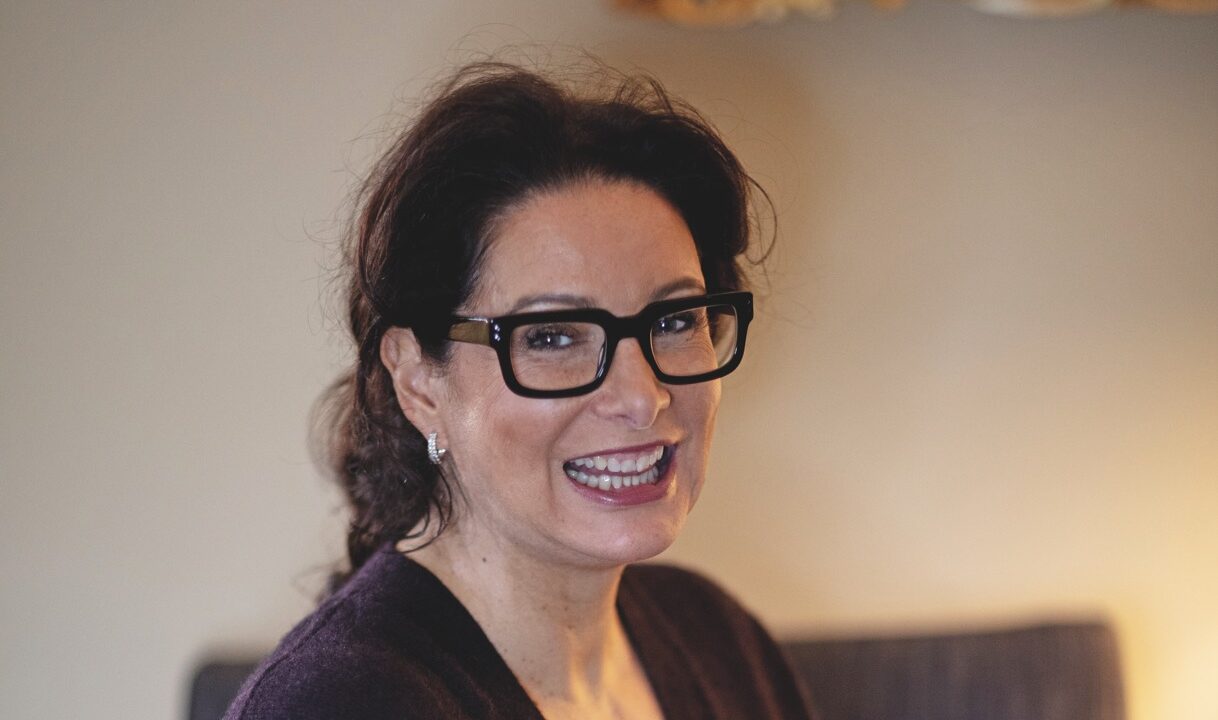
You΄ve recently taken over as CEO of the IABM. First, can you explain – in your own words – what the IABM does? What excites you about this job?
IABM stands for the International Trade Association of Broadcast and Media, and effectively it is a trade association. Our mission is to advance the interests of the global broadcasting technology industry. We do that through our members, and our mission is focused around three key pillars – to connect, to support and to inform.
We connect our members through events held by us, networking events, trade shows like NAB and IBC and many others. We support more than 14 shows all over the world, not just in the United States and Europe. We provide support for our members at trade shows, whether that’s use of our lounges and networking areas, special events we put together or brand amplification. We strive to highlight our members and their thought leadership, products and services and innovations, at and around shows.
We support and inform our members, with our CTO office delivering standards information and industry working groups – and also via our business intelligence unit (BIU), which provides independent, data-driven industry insights to improve decision-making.
What do you see as the biggest themes in the broadcast, M&E and tech industries today? What opportunities are out there? What subjects need to be addressed?
The first thing to say – and this comes as no surprise, I’m sure – is that it’s a really tough time out there. It doesn’t matter who you are or which region of the world you’re in. There are so many complexities that need to be navigated. We’re seeing from our members, and from the industry as a whole, wider business transformation, new revenue models and new buying models – how customers are actually buying tech as well as engaging with it. These are the relevant themes I think we’re going to see across this whole year.
There’s also the democratisation of the media and the wider market opportunities. We see this as a big opportunity for our members – the ability to look at vendors who can expand their audience and their markets in non-traditional media and film technology markets that they have not previously been in, whether that’s going into houses of worship, corporate markets, retail, etc.
Of course, AI is also presenting another fantastic opportunity, but with huge opportunity also comes responsibility. The business side is as relevant as the tech side – being able to harness the power of new technologies like AI, and to both innovate and adapt your business models around that – as well as understanding the tech itself, that’s a really important area.
Geopolitical issues are also affecting supply chains, and then there’s sustainability and authenticity. We’re doing a series of talks and content across the year that focus on navigating business transformation – the revenue side, but also new technologies and the opportunities enabled by that, and movement into non-traditional markets.
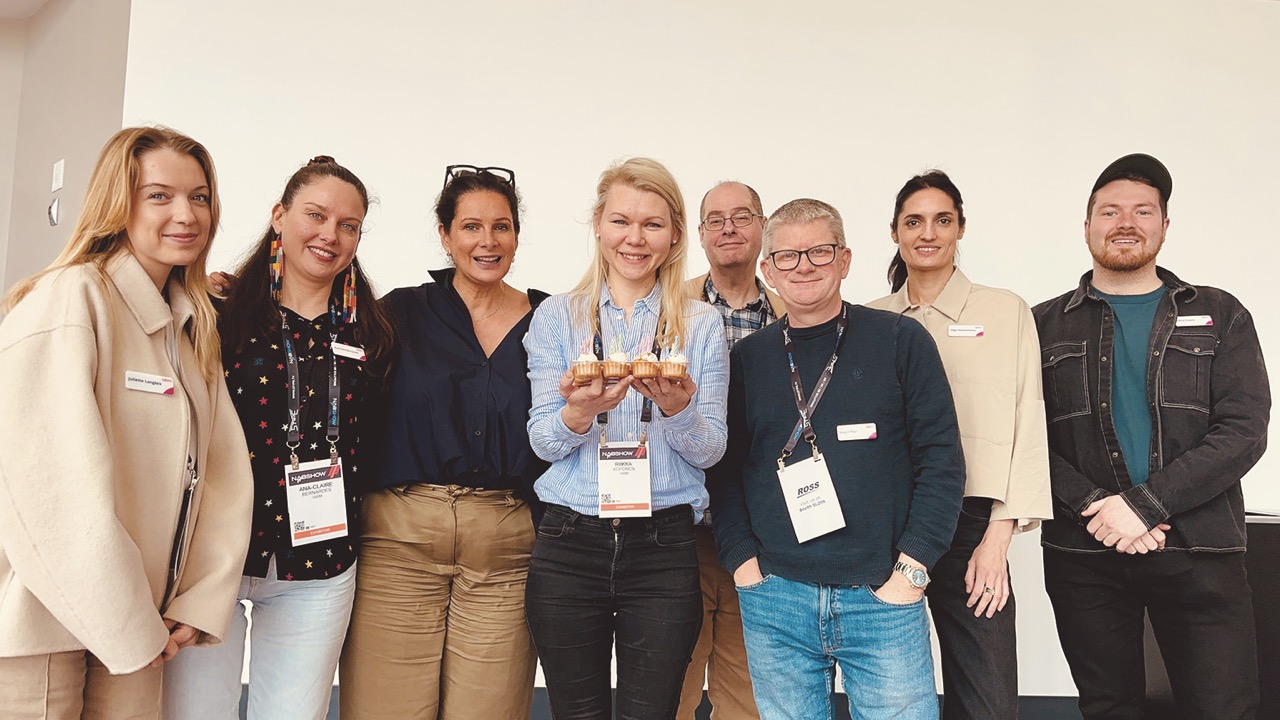
As you say, artificial intelligence is a huge topic at the moment. What is the IABM΄s stance on it?
I’ve been involved in AI for many years, and generative AI is obviously what has caught the attention of the wider public. As I said, it is a huge opportunity, but this needs to be managed ethically. It continues to be something that’s ever-growing in how it’s being incorporated into workflows and content processes.
We’ve launched a whole series of new AI training programmes, designed specifically to understand what AI is, whether you’re a complete novice or more technically adept. It’s all about making AI accessible and practical for our members, so they can understand it not only from a technology perspective but also from the creative and business sides.
It starts with ensuring an independent and neutral viewpoint on the basics of AI, its history and concepts, links to machine learning and neural networks, and providing a solid framework and foundation to demystify AI for our members.
Our plan is to provide that foundation to increase confidence in the practical application of AI in our industry, specifically in media and entertainment.
We showcase to our members how AI can revolutionise content, editing, streaming and compliance, and even enhance creativity in production and design. Then we link that with industry-specific scenarios, including workflows, innovation, how to unlock new audiences and how to engage with diverse audiences.
It also looks at the ethical side, including data privacy and responsible usage. All that has been designed for a broad audience. You can dip in, dip out and break down the complexity so that it’s clear. This goes back to equipping our members with the knowledge they need to be able to leverage AI, depending on where they are in their journey.
Of course, we’re not trying to sell anything. The IABM is completely neutral and independent, and we’re able to get insights from our members – challenges with AI that they’re coming across and potential solutions around that – as well as providing technology road maps.
It’s a foundation of understanding that can grow with our members, presented in a neutral fashion: here’s what you need to know. This lets them make the business decisions they need to support their business.
You earned a degree in positive psychology. How do you apply this line of thinking to your career, and how does it shape your everyday decisions?
I’m a lifelong learner; I have several degrees and I’ve always continued to learn and evolve. When I was working for the London 2012 Olympics, I worked with a lot of sport psychologists. That got me thinking about our brains and neural networks: how can we create the maximum possibility for success?
I started a master’s of science in positive psychology as a way of building on sport psychology. I wanted to understand how we can engage, motivate and be as focused as we want to be, as individuals but also as teams, and then applied that specifically to the media and technology world. That was a game changer for me. It was fascinating to learn how our mindsets can change from a psychology perspective.
If you look at the psychology scale, zero is taken as a neutral mindset, and minus on that scale would be anxiety, PTSD and so on. If you go to the other end of that scale, you get to positive psychology; that’s where you’re able to optimise your brain and achieve optimum success in focus and flow. How do you get yourself into that state of mind?
You can bring it into everyday life, and into work scenarios where you’re building and leading teams that are incredibly dynamic. It depends on how deep you want to go, but it’s about applying it in a practical way: what’s our outcome? What are we looking to achieve here? How do you get the most out of different people, different personalities, different ways of working and communicating?
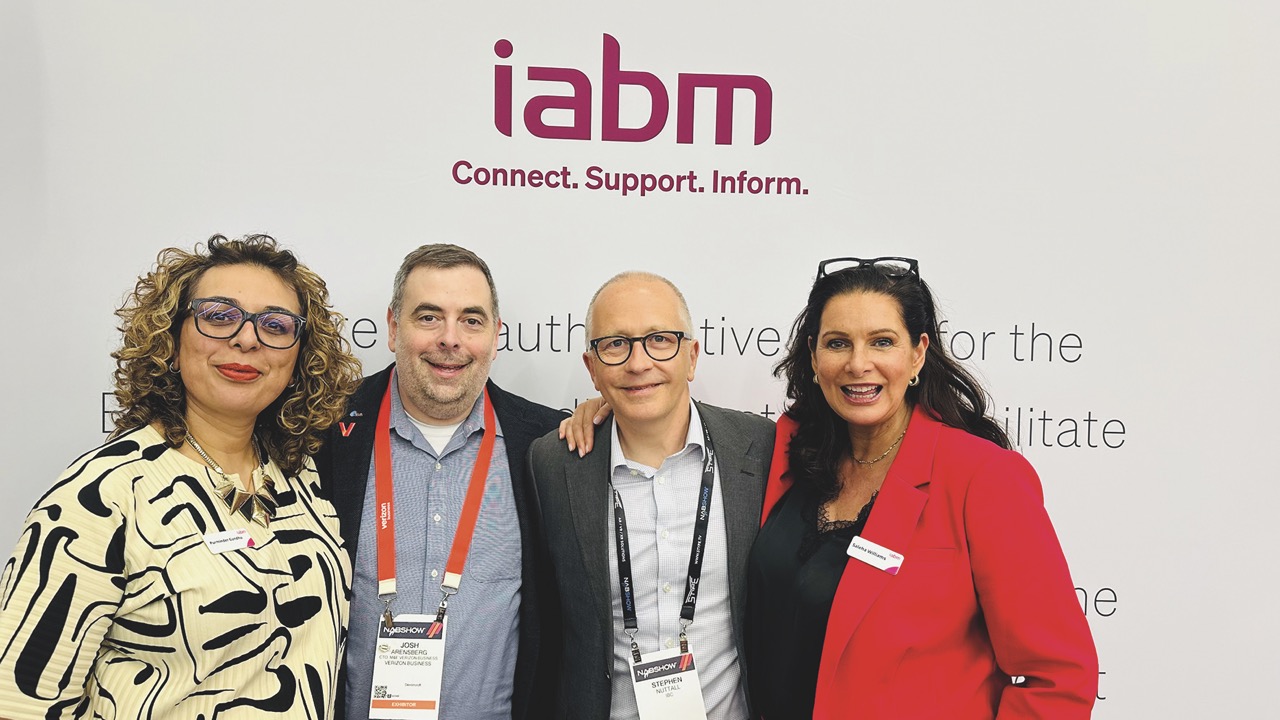
Can you tell me a bit about your Technology & Diversity podcast series?
This podcast series was something I was asked to do by another psychologist; it focused on how we drive diversity – not just diversity of gender but diversity of thinking. People think in many different ways, they come up with solutions through different routes. If you can understand the science of how that works, and communicate that, then you can help people understand how they work together and overcome challenges in their careers.
The podcast series covers specific tools and techniques to get to a neurologically strong place. It’s all about how to build your neural networks, but also how to work with other people to be the most creative and successful, whatever that looks like. It uses a bit of science, some tech and business, but is also centred around how you can best support your team.
What are some challenges you΄ve faced throughout your career, and which achievements have you been most proud of?
Some of what I’ve been proudest of has been aspects of my early work, when Sky was first brought to the UK. I was one of the first in the team to work on direct response television, which I then carried on into the work I did with telecom companies. I was also part of the original team that helped launch BBC iPlayer.
I’ve worked with some fantastic companies in Hollywood – James Cameron’s company, Cameron Pace Group, with his 3D tech that went into Titanic and Avatar, and filmmakers in Bollywood. I looked into efficiency in editing, given the scale of films they produce. I’ve had the opportunity and been privileged enough to live and work in some of the most beautiful places in the world.
I was also the first to launch three new GenAI platforms for Cognizant – that was three years ago now, so right at the start of the GenAI revolution. I’ve also had some defining moments in my career that have been amazing and very personal for me, as well as seen technology milestones in the media world that have had a huge impact.
Yes, I’ve had this great career, which I’ve loved, and I’ve been very lucky to have had it. But one of the challenges I faced is technology moving at such a pace; keeping up is critical. I’ve always continued to learn and stay abreast of what’s happening on the technology side. Constant learning has been one of my ways of dealing with challenges. Business models change, as do the ways of doing business, and that has been a huge challenge in my career overall.
Honestly, there have been several setbacks. Life can take unexpected turns. Cultivating resilience as a cornerstone of my career was very important. I always come back to: where do I want to be, what do I want to be doing and what am I trying to achieve? How do I get myself in the best mental state to be able to complete a master’s degree in my late 40s while travelling all over the world and working full time? I did it because I was motivated by it, and because I wanted to learn. I see every setback as a comeback, which is apt for our industry. You learn to adapt and move forward.
I’m still learning every day from my team and from people across the industry – my network of peers, colleagues, mentors, mentees. It’s not about hierarchy; it’s about understanding what you can learn from different viewpoints and having that network of key relationships. Building and keeping relationships has been key for me in managing challenges and setbacks.
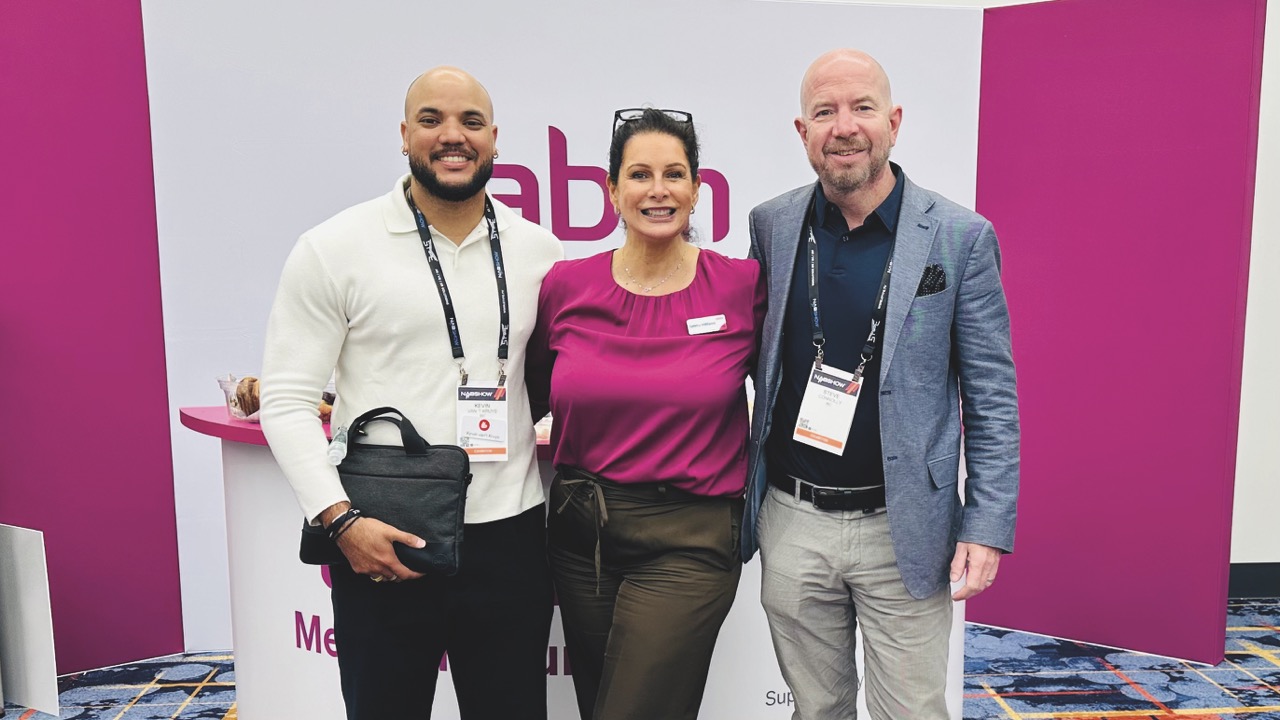
What are you most looking forward to in the future?
Leading the IABM forward is what truly excites and ignites me. I’m very driven by what our members need, and I want to be in a position where I can bring the best out of my team.
I think the possibilities with new technology and business models are exciting and exhilarating. It can be scary, but the industry continues to move forward. The IABM continues to lead and forge new paths. That’s what fills me with pride and optimism – navigating the future of business and technology.
Follow along with Saleha’s work at iabmimpact.com
This article first featured in the Summer 2025 issue of FEED magazine.
